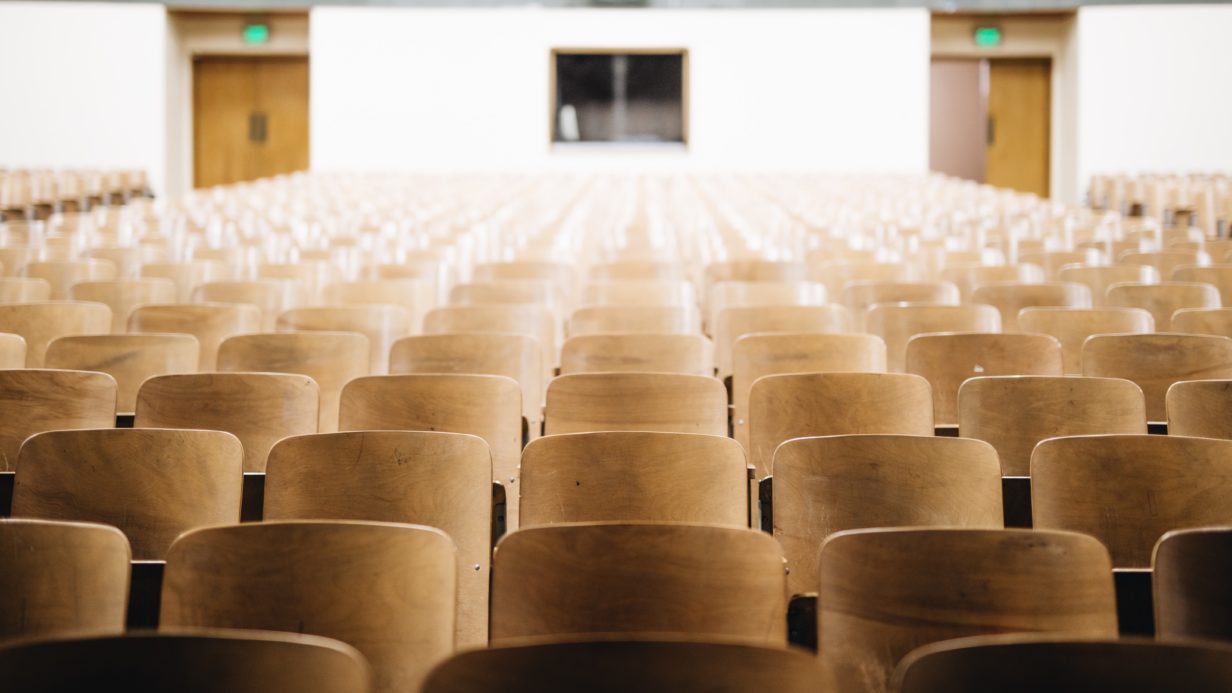
Where and when
May 20, Tuesday · 12:00 – 13:00 @ Consiglio Nazionale delle Ricerche, Istituto di Ingegneria del Mare, Bulgarelli Hall, Via di Vallerano 139, 00128 Roma
Abstract
Large-amplitude ocean waves, commonly referred to as rogue waves, can develop under a variety of water depth conditions and are capable of causing severe damage to coastlines, marine structures, and ships. The modulation instability (MI) of weakly nonlinear waves is widely recognized as a key mechanism behind the formation of these so-called “walls of water.” Despite their simplified nature, nonlinear Schrödinger-type equations (including modified and coupled variants) serve as fundamental tools for modeling such wave phenomena, resulting from MI. These equations enable not only the estimation of rogue wave occurrence probabilities, but also facilitate the controlled generation of extreme wave events in laboratory settings. Moreover, they offer a powerful interdisciplinary framework, drawing analogies across diverse fields such as hydrodynamics, nonlinear optics, Bose-Einstein condensates, and plasma physics. This talk will highlight recent advances in the study of hydrodynamic rogue waves, occurring as a result of MI, with particular emphasis on complex scenarios involving multi-wave interactions and crossing sea states.
Short bio
Amin CHABCHOUB received his PhD from Hamburg University of Technology (Germany) in 2013 and is currently Associate Professor at Okinawa Institute of Science and Technology (Head of the Marine Physics and Engineering Unit) in Japan. He also holds a Honorary Associate Professor appointment at the Department of Infrastructure Engineering of the University of Melbourne – Ocean Engineering Group (Australia). He was a Kyoto University Hakubi Fellow, Associate Professor in Environmental Fluid Mechanics at the School of Civil Engineering of the University of Sydney (Australia), and Assistant Professor of Hydrodynamics at the Department of Mechanical Engineering of Aalto University (Finland). Prior to these faculty roles, he was a Postdoctoral Researcher at Imperial College London (UK), Swinburne University of Technology (Australia), and The University of Tokyo (Japan). His areas of expertise and research interests include extreme waves, solitons, nonlinear dynamics, ocean engineering, and physical oceanography.

